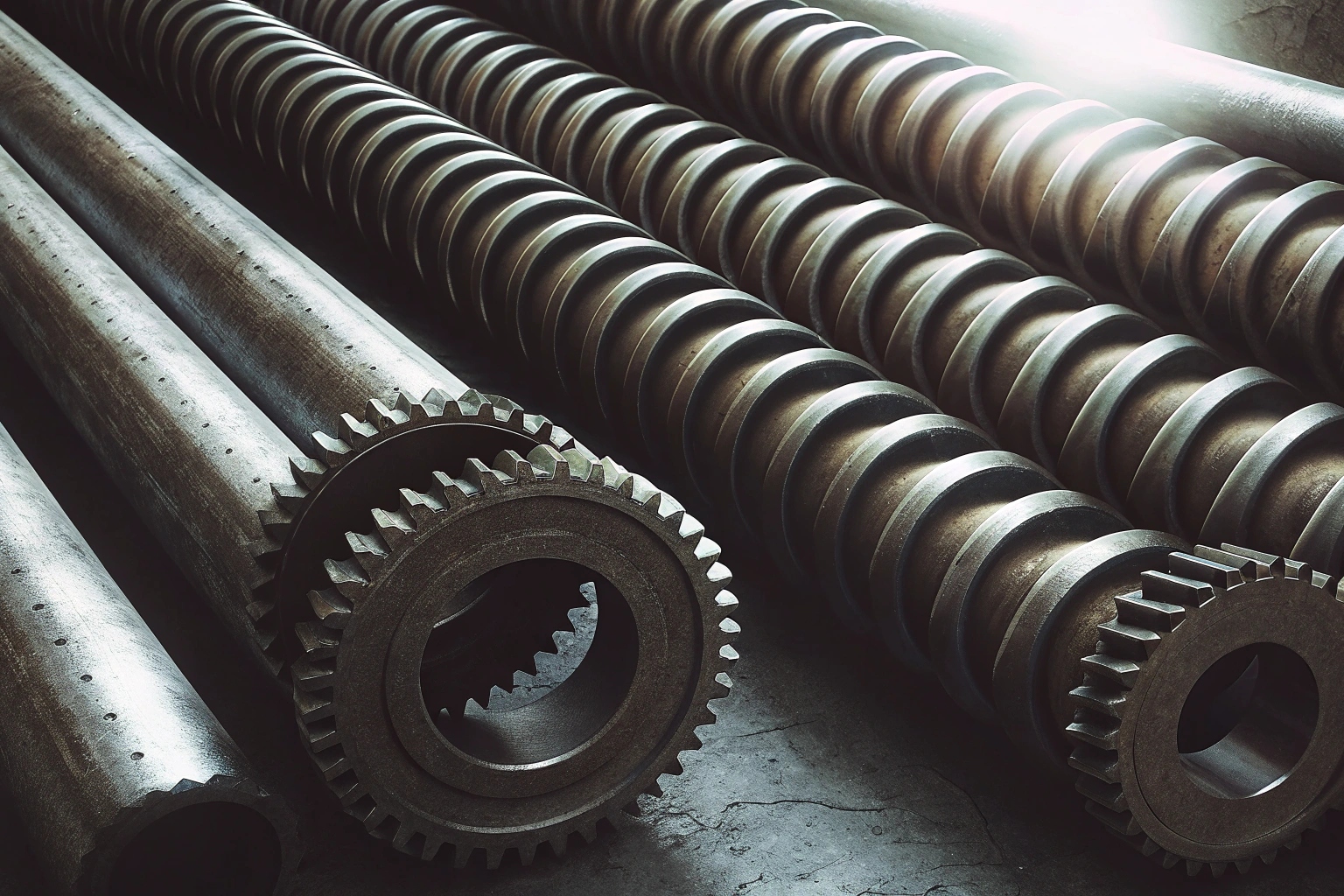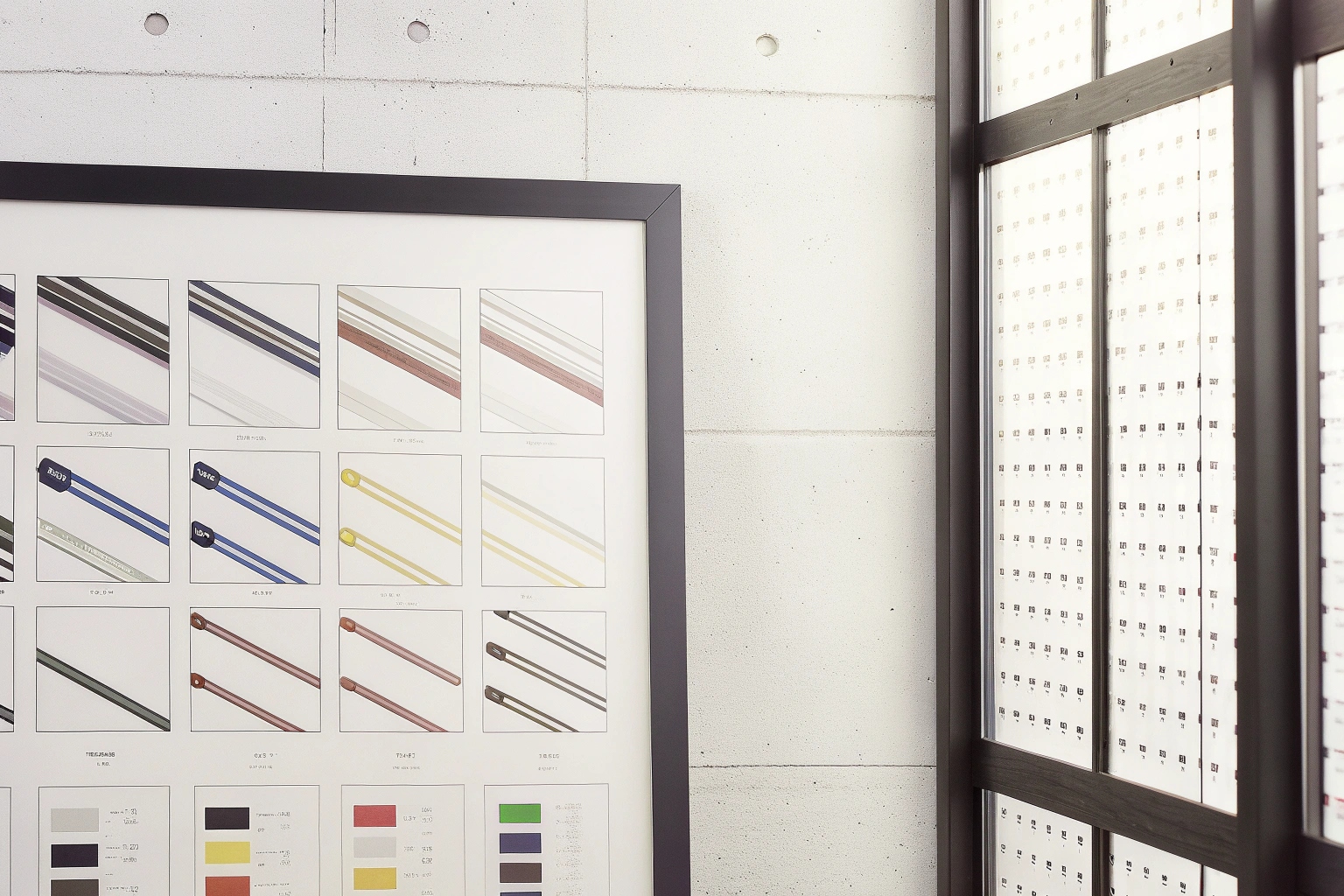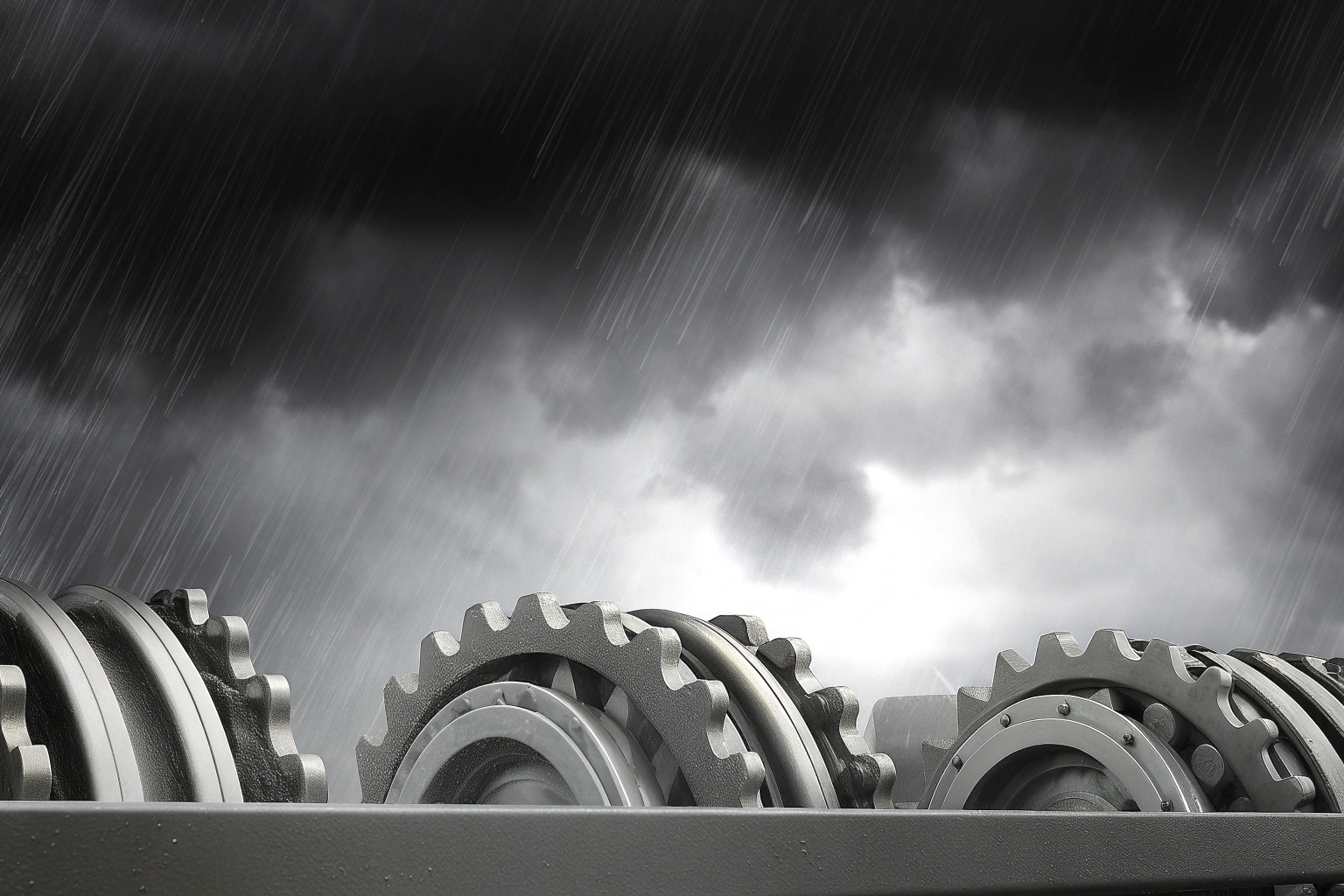
Choosing the right material grade for undercarriage parts is crucial to ensure durability and performance. To understand this, I consulted experts in the field who support the use of specialized alloys 1 tailored to specific needs.
When considering material grades for undercarriage parts like track chains, rollers, carrier rollers, sprockets, and idlers from China, manufacturers often prioritize alloys like boron steel 2, manganese steel 3, and carbon steel 4. These materials help enhance wear resistance and load durability.
Material selection is more than just picking a grade; it involves understanding operational requirements 5 and environmental conditions. Let’s delve into the specifics of each component.
What Are the Chinese GB/ASTM/EN Equivalents for Material Grades?
Understanding international comparisons 6 is key for global sourcing of quality components. Exploring Chinese standards alongside ASTM and EN equivalents ensures I get the best fit for my operational environment.
The material grades commonly used in Chinese manufacturing for undercarriage components often align with international standards. For example, boron-alloyed steel 7 like 35MnB or 40MnB corresponds to high-strength standards recognizable worldwide, suitable for track links.
Delving deeper, material specifications play a vital role in the performance of undercarriage parts:
Material Equivalents Table
| Component | Chinese Standard | ASTM Equivalent | EN Equivalent |
|---|---|---|---|
| Track Chains | 35MnB, 40MnB | 30CrMnSiA | 34CrNiMo6 |
| Rollers | 50Mn, 40Mn2 | 1045, 4140 | C45, 42CrMo4 |
| Sprockets | ZG40Mn, ZG50Mn | AISI 4140 | EN10250-2 |
| Idlers | ZG40Mn, ZG50Mn | AISI 1020 | EN10025-3 |
These equivalents ensure that the materials used in manufacturing are consistent in quality and performance, comparing favorably with international expectations.
Will Mill Test Certificates Be Provided for Each Heat/Batch?
Knowing the source of my parts assures quality and consistency. Engaging with suppliers committed to transparency 8 can greatly enhance operational reliability.
Mill test certificates 9 (MTCs) are crucial for validating the chemical composition and mechanical properties of each batch. Chinese manufacturers typically provide these certificates, offering assurance that each heat meets requisite standards.
To understand this further, consider these insights:
Importance of Mill Test Certificates
- Verification: MTCs verify raw material specifications, ensuring alignment with expected standards.
- Traceability: They provide traceability 10, linking materials back to their production source.
- Confidence: Access to MTCs reinforces confidence in the material integrity and consistency.
By obtaining MTCs, businesses can ensure product reliability across global markets, maintaining quality control and customer satisfaction.
Can Alternative Steel Grades Be Specified for Harsh Conditions?
Specialized steel grades are sometimes needed for exceptional conditions. Experienced manufacturers can offer tailored solutions that meet unique operational challenges.
Yes, many suppliers offer flexibility in the material selection to adapt to specific requirements. This may include alternative steel grades that perform well under extreme temperatures or abrasive conditions.
Exploring the adaptability in the material grade selection:
Benefits of Custom Specifications
- Adaptability: Custom specifications allow tailoring of material properties for unique operational environments.
- Optimization: Choosing optimal grades can enhance longevity and reduce maintenance costs.
- Innovation: Continuous innovation in metallurgy 11 facilitates the creation of superior alloys.
By specifying alternate grades, businesses can improve overall operational efficiency and part lifespan, ensuring parts withstand challenging conditions.
How Is Material Lot Traceability Ensured Through ERP Systems?
Tracking materials efficiently is fundamental to quality assurance. Utilizing advanced ERP systems 12 can streamline tracking processes and enhance accountability.
Manufacturers in China often employ sophisticated ERP systems to track the material lot through each stage of the production process. This ensures seamless traceability from material sourcing to the final product.
A deeper dive into the traceability aspects facilitated through ERP systems:
Traceability Features of ERP Systems
- Real-Time Tracking: Provides real-time visibility into material usage and inventory.
- Quality Assurance: Ensures compliance with international standards throughout production.
- Integration: ERP systems integrate with other manufacturing processes, enhancing overall efficiency.
Effective traceability combats issues related to consistency, quality control, and timely delivery, offering reliable support for strategic supply chain management.
Conclusion
Chinese manufacturers offer high-quality undercarriage parts by utilizing specialized materials, robust quality assurance systems, and adaptive manufacturing practices. It’s essential to choose components that align with operational demands to maximize investment value.
Footnotes
1. Overview of specialized alloys in manufacturing. ↩︎
2. Characteristics and uses of boron steel. ↩︎
3. Information on manganese steel properties. ↩︎
4. Basics of carbon steel and its applications. ↩︎
5. Explaining operational requirements for sourcing materials. ↩︎
6. Understanding international standards and comparisons. ↩︎
7. Details about boron-alloyed steel types. ↩︎
8. Supplier relationship management and transparency. ↩︎
9. Purpose and importance of mill test certificates. ↩︎
10. Product traceability in manufacturing processes. ↩︎
11. Metallurgy innovations for improved alloys. ↩︎
12. ERP systems in supply chain and inventory management. ↩︎




